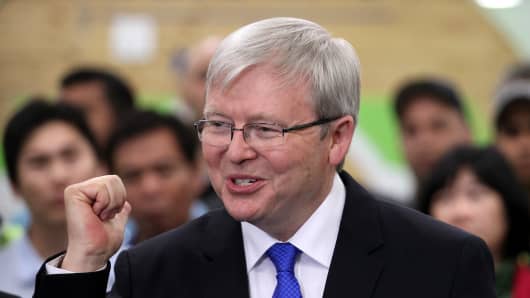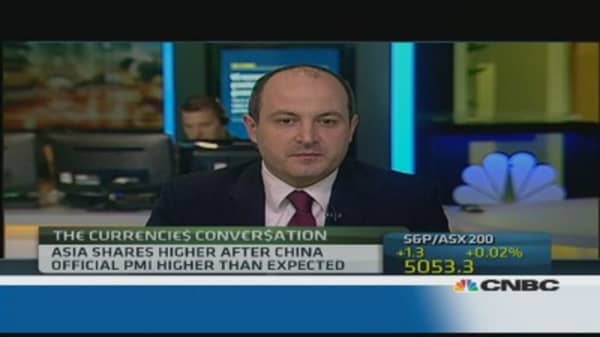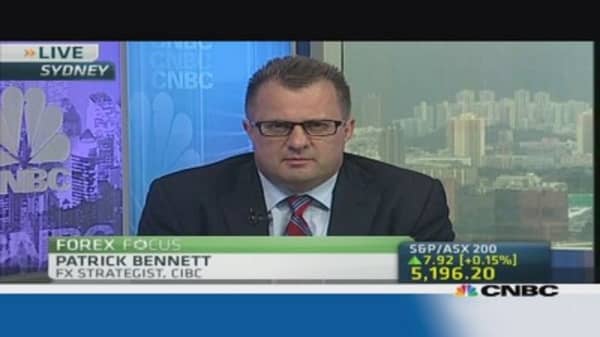As Australia gears up for its federal elections on Saturday, analysts are mulling how the result, which is broadly expected to be a win for the opposition Liberal-National Party (LNP) coalition, will impact the country's investment landscape.
This year's election campaign has been the longest in Australia's history and perhaps one of the most dramatic, given the return of former Prime Minister Kevin Rudd in late June as leader of the Australian Labor Party (ALP), ousting former PM Julia Gillard.
Although Rudd initially seemed to win back some support for the governing Labor party, Abbott is now seen as a shoo-in to win. So much so that online bookmaker sportsbet.com.au has paid out all bets on the Coalition nine days before the election date, according to media reports.
(Read more: Here's how you can trade Australia elections)
Despite the excitement in the political landscape, analysts expect only a muted short-term reaction in Australia's stock market.
"The coalition is seen as more business friendly, but the prospective boost to business and consumer confidence that the election could bring, may already be factored in," said Shane Oliver, head of investment strategy and chief economist, at AMP Capital, referring to the party's promise of hefty tax cuts, including a reduction in company tax by 1.5 percent.






